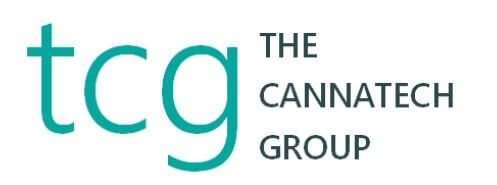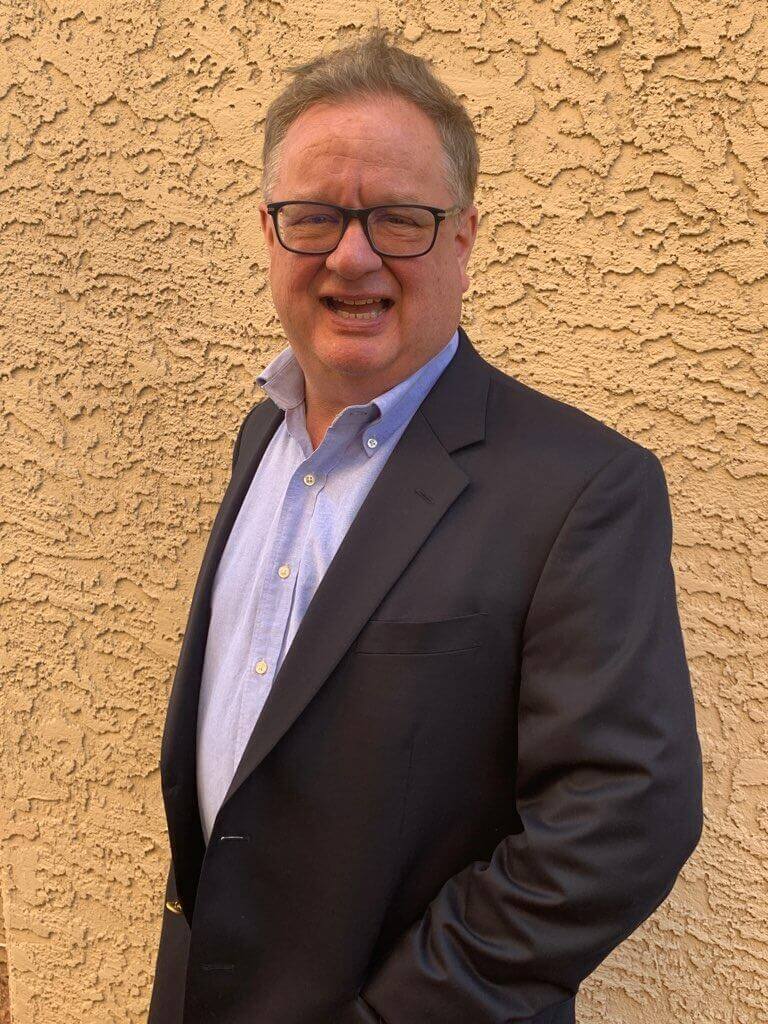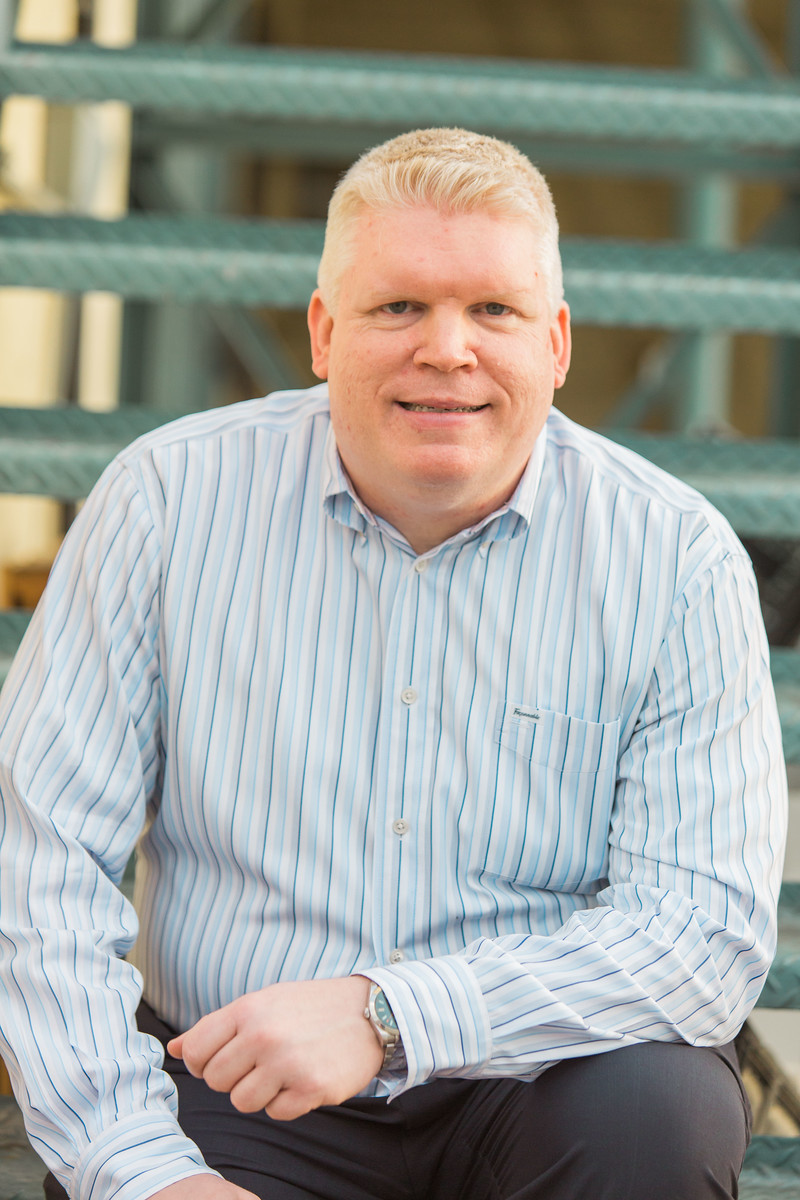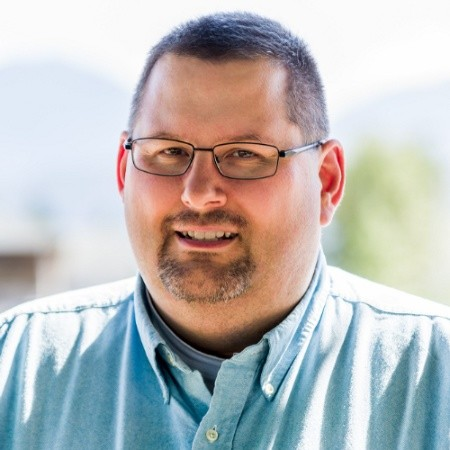New York passed recreational cannabis legalization in 2021 after years of debate. With medical cannabis being available since 2014, New Yorkers are still waiting for regulations and applications to open for cultivators, processors, and retailers. Although many are actively waiting for applications to open, it looks like they may have to wait a little longer, as During an event in Yonkers, one of New York’s top cannabis regulators said the state wouldn’t be accepting cannabis industry applications until next year, shifting the anticipated timeline from this fall. Watch as Harry Brelsford speaks with Paul Seaborn about what is going on in New York City and what they anticipate for the future.
Video Transcription
Harry Brelsford
There we go. Hey, welcome back to the candidate tech Podcast. I’m Harry Brelsford. We’re back with Dr. Paul C. Born at the University of Virginia, I don’t know if that’s fall colors right over your shoulder. We’re coming up on pumpkin season before you know it, maybe you’re already starting to celebrate.
Paul Seaborn
Yeah, it’s still pretty warm and humid here in Virginia. But we’ll have a beautiful fall as we usually do. And a busy few months in the cannabis world, too. I think so.
Harry Brelsford
Yeah. Well, you want to talk about New York, New York. Let’s, let’s get down to it New York.
Paul Seaborn
Yeah, so I think it’s been a long time, people have been wondering if and when New York will open up adult use. And it’s one of those big prizes on the map, because you’re looking at 19 million residents, maybe upwards of a five $6 billion market. And I think what’s probably of most interest to to your followers is, unlike some of the other states, there’s a real tug of war going on between whether the big multi state operators who have some of the medical licenses in New York already whether they were gonna get priority in the market, or whether they’re gonna give priority to the other end of the spectrum, a lot of small entrepreneurs who either have a hemp license and who can then start growing full scale, marijuana are also those who have some sort of social equity justification in particularly looking at those who have a conviction actual conviction on their record from cannabis. And so far, it looks like it’s that second group that’s going to get priority, issued some early licenses to hemp farmers, so they have farmers who’ve only been operating under the Farm Bill can start growing full marijuana for the market. And they’re starting to take applications for social equity, retail operators. So So that’s, that’s a pretty unusual thing. Most of the states have just gone with whoever they know, for medical, and it totally changes who has those initial licenses on day one. I guess the last thing, anyone who’s been to New York, or I haven’t actually been to Manhattan, but a number of my UVA students have been and other folks I talked to, and there’s all sorts of, I guess, gray market or kind of early, early entry stores just popping up anyway, they’re not going to wait for licenses. And so you’re seeing a little bit of that in New York, too, which is always interesting to watch.
Harry Brelsford
Yeah, with those pop ups, I think I saw something about that. Any sense of what the punishment is? I mean, could you go to federal prison? I mean, if the punishments, nothing, then they’ll pop up and then pop up again and pop up and get a lot like illegal limousine drivers at East Coast airports, right. They’re back the next day.
Paul Seaborn
Exactly. Yeah. And I think that’s the assessment they made is that it’s illegal substance in New York now. And so although they don’t have a license to sell, they don’t expect the penalties to be as high. They’re not engaging in interstate commerce or something that would bring in necessarily federal involvement. So it’s not only storefronts, but you have a whole fleet of trucks that are driving around Manhattan. And, you know, now you see them now you don’t kind of think so.
Harry Brelsford
Yeah, yeah. Leave it to New York. You know, I always enjoy old time movies about prohibition or gangsters in New York City, you know, black and white. New York’s a rowdy town. I mean, this makes perfect sense, given their history over literally centuries. They’re, they’re pretty rowdy.
Paul Seaborn
Yeah. Well, and when you think about cannabis, I mean, this is been one of the biggest world markets for decades, as well. And so I think one of the factors weighing on the regulators there is if they don’t offer a strong legal option, people are going to find other options anyway. And you know, much that they’ve done in California. So yeah, I mean, there are people who have been, who’ve been treated well by by the cannabis market in New York without having legalization. So it’s a kind of a different flavor than some other states where this is a brave new world altogether.
Harry Brelsford
Well, a couple of final thoughts, folks. In Paul, maybe I’ll get you involved in this too. I’ve reached out to 20 MSOs. My friend in years, Randy helped me put together a spreadsheet and I’ve reached out to the basically the PR department at MSOs to talk to the CTO, the Chief Technology Officer and have a podcast series. So when I have an MSO podcast series for a while, and I’ll double check my inbox. Maybe I’ve heard back from a couple but I already can tell. Here’s what’s interesting. Paul is with the reach outs to PR kind of go through their websites. These are big businesses. I mean, it’s very apparent if we’re dealing with I call it a corporation versus you know what I knew the industry to be several years ago when I got my head back into it. You go to the dispensary in Kitsap County across from Seattle, and they’re kind of onesie twosie. There were a lot of just one seed dispensaries, maybe they now have a branch and very different flavor. I, I’m pretty excited about this.
Paul Seaborn
Yeah, I mean, I think the nice thing about the cannabis space is there’s room for for both extremes, right, just like you see maybe many years later in the wine industry and in craft breweries, you’ve got those little niche and craft and really unique opera operators. And they’ve got the Anheuser Busch is of the world at the other end. And so yeah, we’re actually at a point where we have some of these multibillion dollar market cap multistate operators, and from a technology point of view, and they are a bigger fish to land if you’re going to provide them with hardware, software services, and they have needs just like everyone else. So I say, I think that’s a great idea for a series and it’s going to be interesting to hear, you know, a little bit of how much they they roll their own versus, you know, go to the market for solutions, and you know, who they’re using, and maybe kind of what, even what their spend is because I think that’s it’s a little hard to gauge from the inside, where a lot of these are not publicly traded in the traditional way, you know, there’s still maybe a mix of private investment or some Canadian stock exchange listings and things so there’s still a lot to learn about what what they’re doing behind the scenes.
Harry Brelsford
So Paul, we’re gonna get you back the last week of December, just literally just before Halloween, and then the November 8 primary elections and the reason is, is I want you to kind of like ESPN on Saturday morning with college football, I want you to call them like you see him was some of the ballot initiatives.
Paul Seaborn
Yeah, I should have at least five or six to give you a prediction on but between now and then people will argue whether the teams are allowed to get on the field. So maybe in a certain state, they’ll manage to block the vote altogether. But yeah, I would say by late October, we’ll have plenty to talk about going into November.
Harry Brelsford
All right, my friends, all right T jobs.
Paul Seaborn








